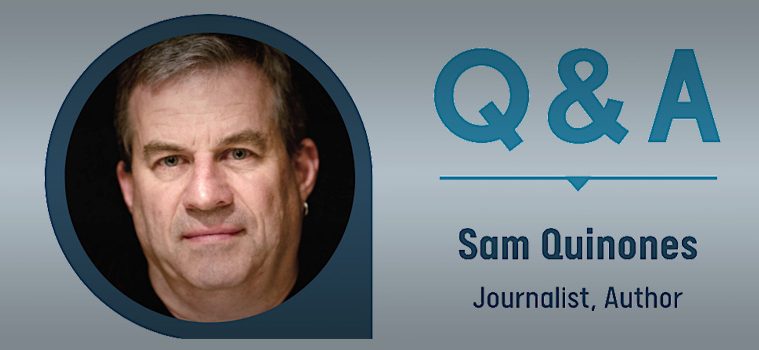LISTEN UP – HE KNOWS WHERE ALL THE BODIES ARE BURIED –
Oct. 29, 2021 –
When you finished “Dreamland,” did you think you would write another drug book?
No, because I was still thinking old school, and I thought what could possibly be worse [than heroin]? I also didn’t think anyone would read [“Dreamland”]. I had a terrible, terrible time finding people … who wanted to talk about it. And so I just thought to myself, nobody’s really interested in it. Then what happened was the book really helped ignite a lot of awareness. More and more people were feeling the courage to come out of the shadows. I saw fentanyl taking hold. I saw the meth problem getting very sinister. So all of that made me feel like this was kind of a new era.
The general public didn’t really get the opioid epidemic when “Dreamland” came out. Now, after “Dopesick” and “Empire of Pain,” the Sacklers are public enemies. You might feel a sense of vindication.
I remember touring this very, very impoverished neighborhood in southern Ohio, where OxyContin addiction was just rampant. It was just horrible what it had done to that little place. These are people who are already living in trailers. And I remember thinking to myself, there is no way this company so powerful, so monied and so removed, is ever going to be called to account for this.
By the time I turned in the manuscript, there were three lawsuits against these drug companies. Now there’s — I can’t remember — 2,600, 3,000. I have spent the last five years just stunned at what has happened.
As this new book makes clear, the drugs in your first book are ancient history now. They’re like drug world landlines: Nobody uses them anymore.
We awakened this very sophisticated giant of an underworld industry in Mexico to this new consumer base that we had created with the opioid epidemic. Fentanyl is in every way superior [to heroin] if you’re a trafficker. No more need for land, growing seasons, farmers, harvesting. You only care about shipping ports.



